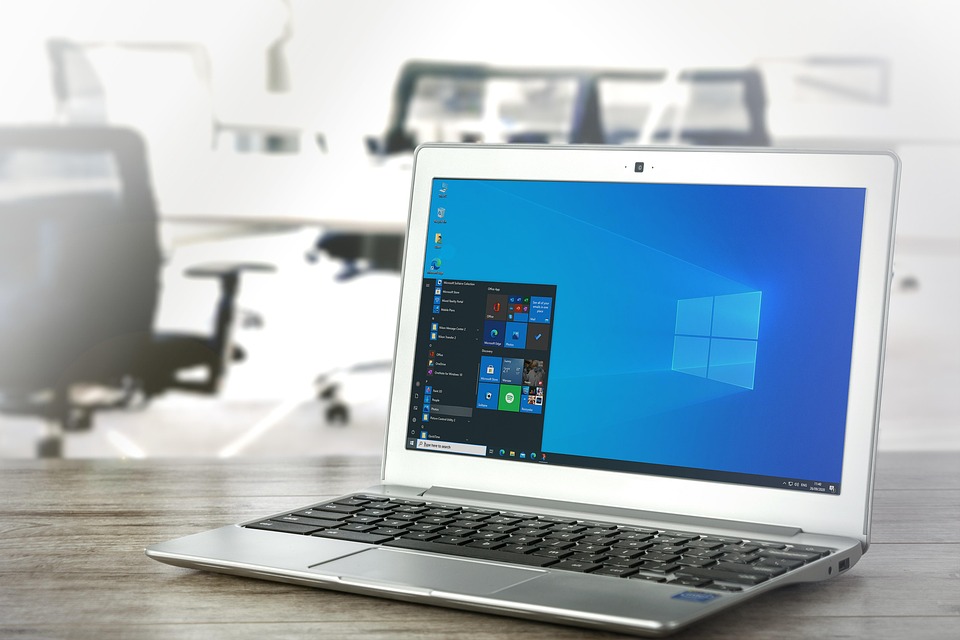In the world of technology, operating systems (OS) serve as the foundational software that manages computer hardware and software resources. The most popular desktop operating systems—Windows, macOS, and Linux—each have distinct characteristics, advantages, and challenges. Understanding these differences can help you choose the right OS for your needs.
Windows: The Universal Contender
Overview
Widely regarded as the most popular operating system globally, Windows boasts a user-friendly interface and robust compatibility with various software applications. Its widespread use in business and personal environments makes it a versatile contender.
Advantages
- Software Compatibility: Windows supports the vast majority of applications, including major software like Microsoft Office, Adobe Creative Suite, and countless games.
- User-Friendly Interface: The familiar Start Menu and taskbar layout offer an intuitive experience for users of all skill levels.
- Gaming: Windows stands out as the platform of choice for gamers because of its superior hardware support, extensive game library, and gaming-centric features like DirectX.
Challenges
- Security Vulnerabilities: Windows is often targeted by malware and viruses due to its popularity, necessitating robust antivirus software and regular updates.
- Cost: Windows licenses can be expensive, particularly for businesses requiring multiple installations.
macOS: The Premium Player
Overview
macOS, developed by Apple, is known for its sleek design, smooth user experience, and a strong focus on aesthetics and usability. It’s primarily used on Apple’s Mac computers and is favored by creative professionals.
Advantages
- Design and Usability: macOS features an elegant interface, with seamless integration between software and hardware, enhancing user experience.
- Performance: macOS is optimized for Apple hardware, leading to efficient performance and stability even with resource-intensive applications like Final Cut Pro and Logic Pro.
- Security: Built with security in mind, macOS faces fewer malware threats compared to Windows, offering built-in security features like Gatekeeper and XProtect.
Challenges
- Limited Software Availability: While macOS supports various apps, some popular software, particularly games and specialized business applications, are not available.
- Cost: Apple hardware typically comes with a premium price tag, making it less accessible for budget-conscious users.
Linux: The Open-Source Understudy
Overview
Linux is an open-source operating system, utilized by developers, tech enthusiasts, and businesses looking for flexibility and control. It comes in various distributions (distros) like Ubuntu, Fedora, and CentOS, enabling users to select an OS that best fits their needs.
Advantages
- Open Source: With its open-source nature, users can customize their OS, contribute to development, and have access to a wealth of free software.
- Security and Stability: Linux is less prone to viruses and malware than both Windows and macOS, making it a preferred choice for security-focused environments.
- Performance: Linux can run on older hardware, making it ideal for users seeking to revitalize an old machine or maintain high performance with minimal resource consumption.
Challenges
- Learning Curve: For users transitioning from Windows or macOS, the command line and customization options may be overwhelming at first.
- Compatibility Issues: While Linux supports many software programs, some popular applications, particularly gaming and professional productivity tools, may not be available or may require workarounds.
Conclusion: Choosing the Right OS
In summary, the right operating system for you largely depends on your specific needs:
- Windows is ideal for users who prioritize software availability, especially in gaming and business environments.
- macOS appeals to creative professionals seeking seamless integration with hardware and high-end design applications.
- Linux is perfect for tech-savvy individuals or enterprises looking for customization, security, and performance at minimal costs.
Ultimately, each operating system has its strengths and weaknesses. Understanding these distinctions can guide users in making informed choices that enhance their computing experience. Whether you’re looking for gaming capabilities, professional creativity, or a customizable environment, there’s an OS tailored to your requirements.



